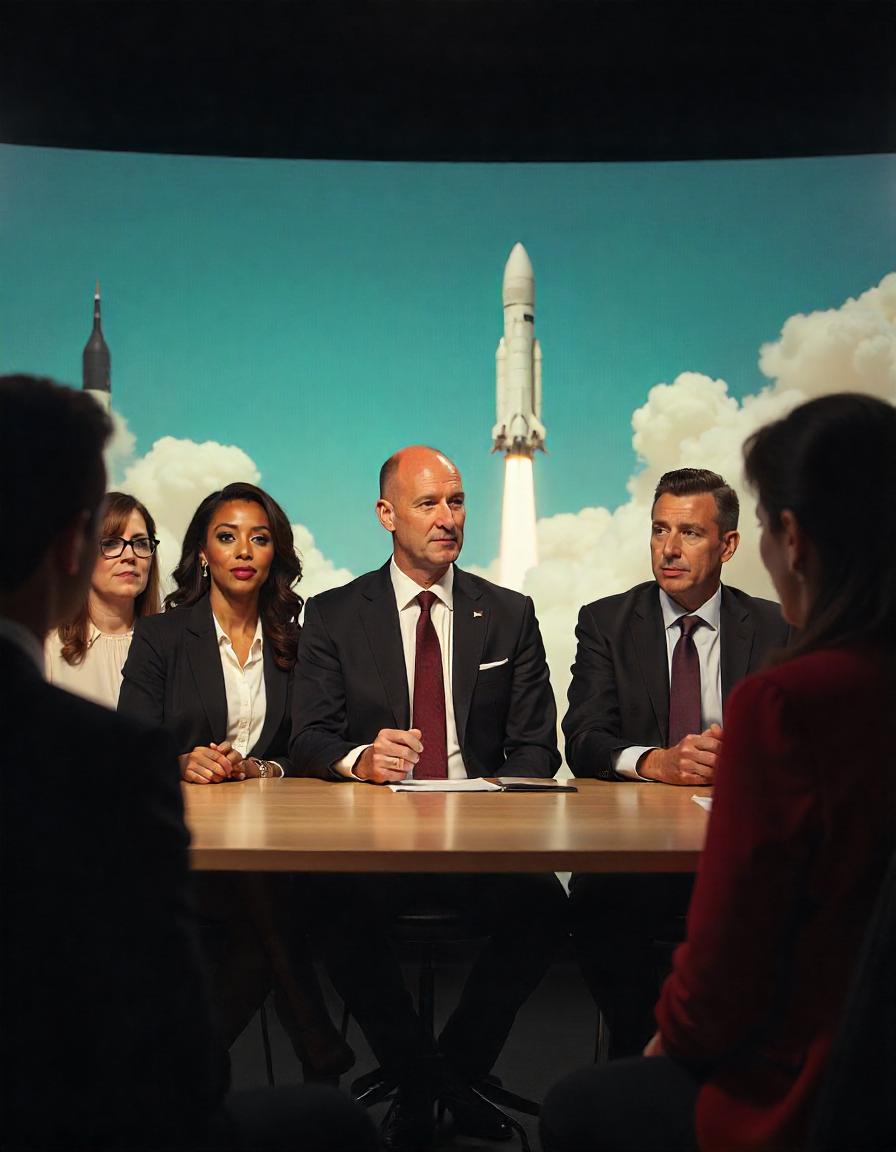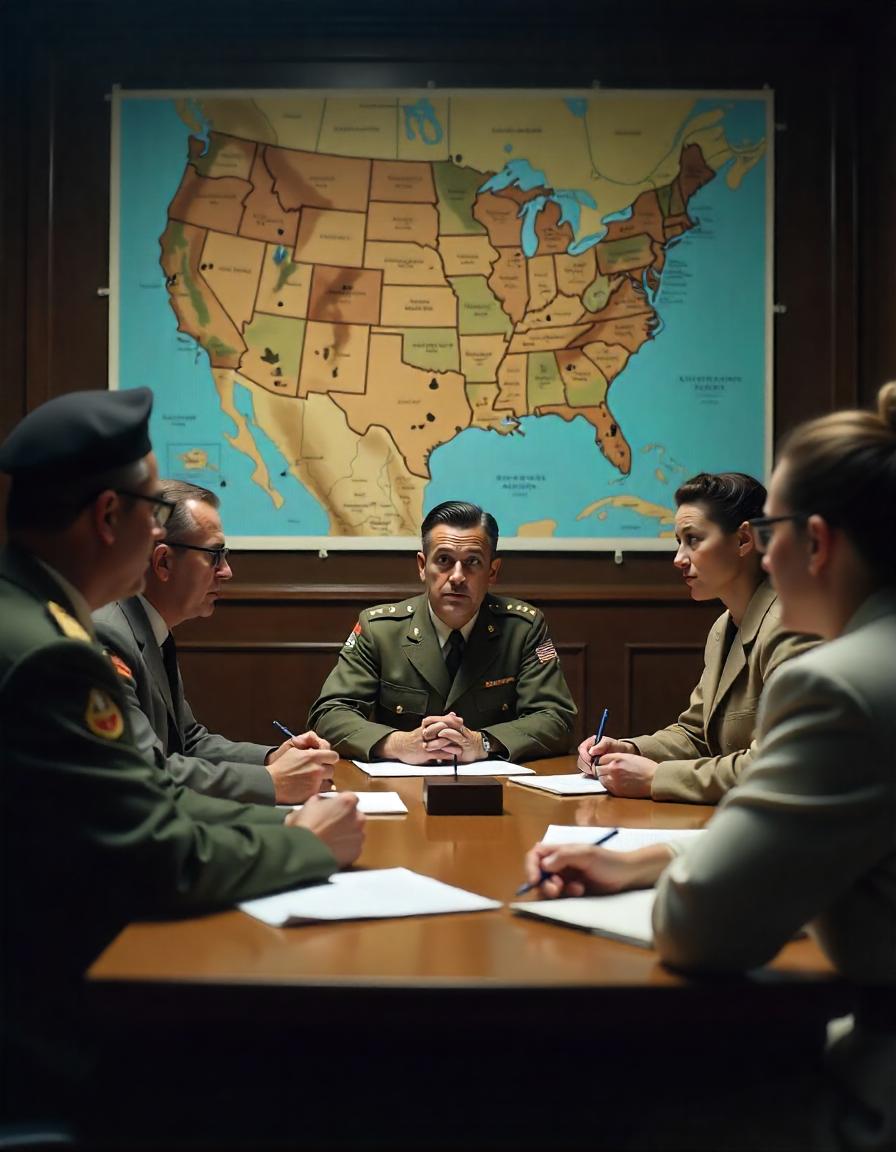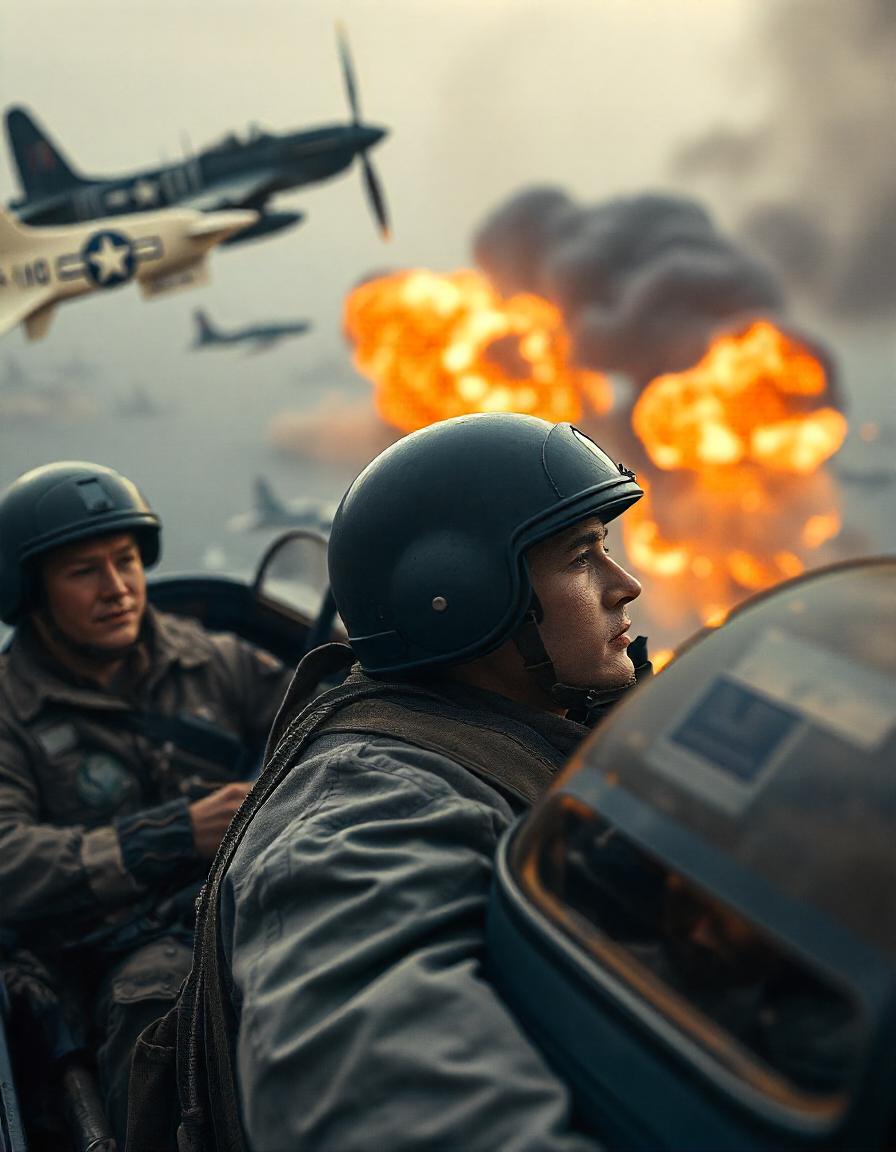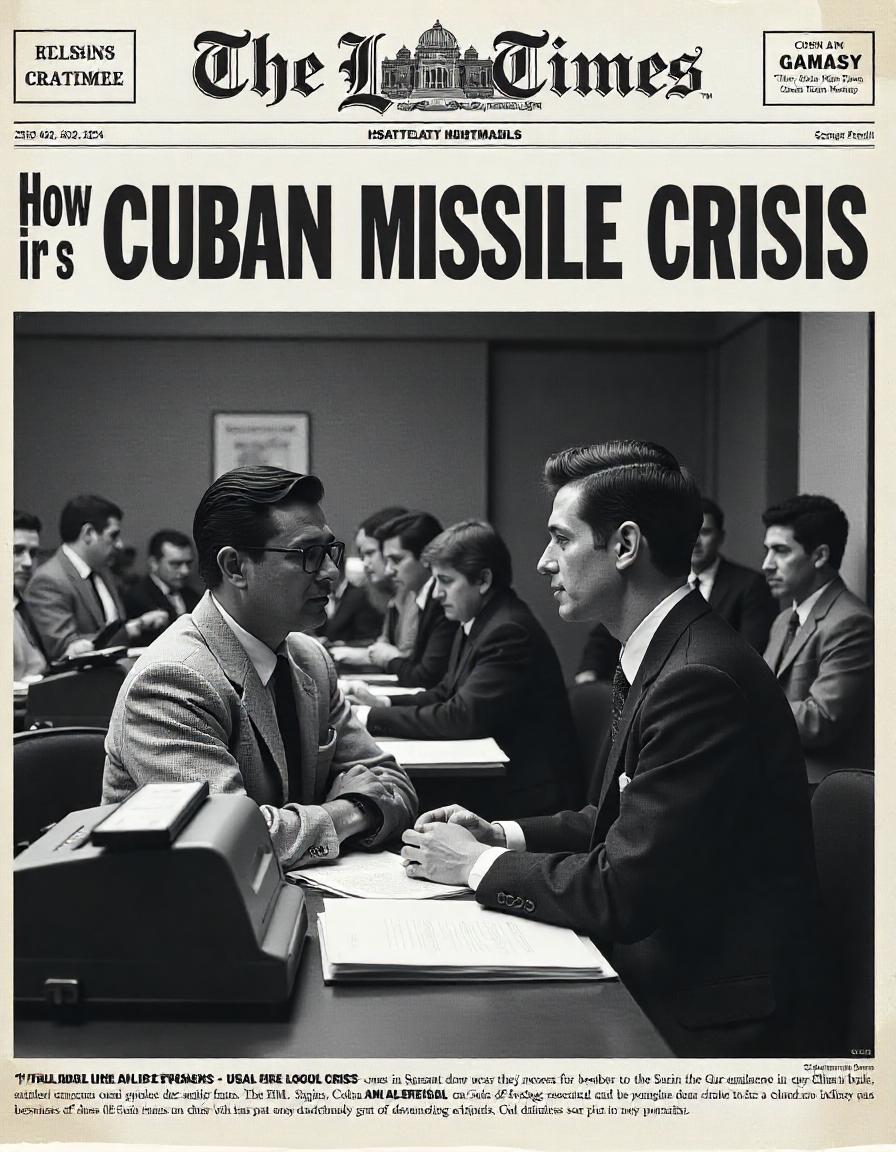The Underground Railroad was a clandestine network of routes, safe houses, and individuals that assisted enslaved African Americans in their escape from the Southern United States to freedom in...
The abolitionist movement, a pivotal force in the struggle against slavery in the United States, is often framed through historical narratives that focus on the tireless efforts of activists,...
The Dust Bowl, which struck the United States in the 1930s, is one of the most significant environmental and economic disasters in American history. Its impact is often depicted...
Prohibition, the period in U.S. history from 1920 to 1933 when the manufacture, sale, and transportation of alcoholic beverages were constitutionally outlawed, remains one of the most fascinating and...
The Space Race, a defining competition between the United States and the Soviet Union during the Cold War, was not just about technological innovation but also a struggle for...
The Manhattan Project, the U.S. research and development effort during World War II that led to the creation of the atomic bomb, is one of the most significant and...
The attack on Pearl Harbor on December 7, 1941, marked a pivotal turning point in World War II, propelling the United States into the conflict. The event has been...
The Cuban Missile Crisis, which occurred in October 1962, stands as one of the most perilous moments in the Cold War, bringing the world to the brink of nuclear...
The transatlantic slave trade was one of the most significant and tragic events in human history. Spanning from the 16th to the 19th century, it involved the forced transportation...
The invention of the printing press is one of the most significant milestones in human history. Credited to Johannes Gutenberg in the 15th century, this innovation transformed the dissemination...










